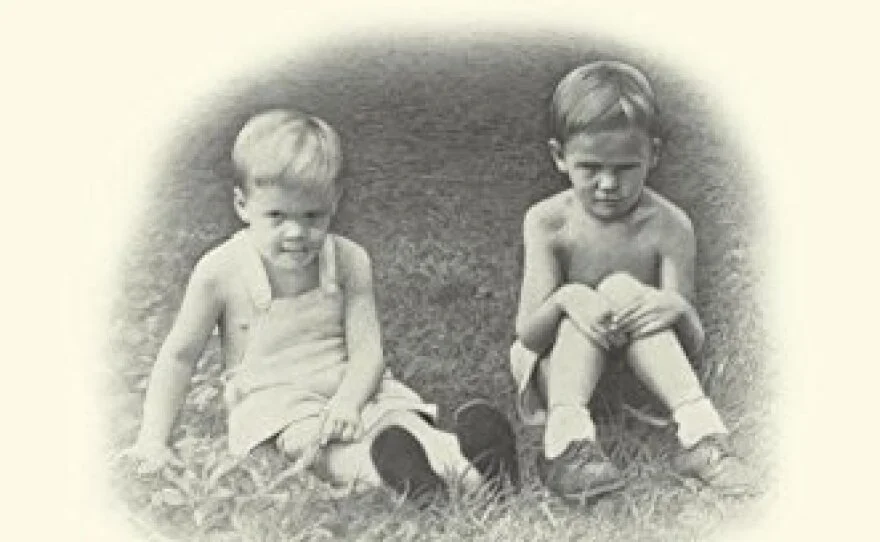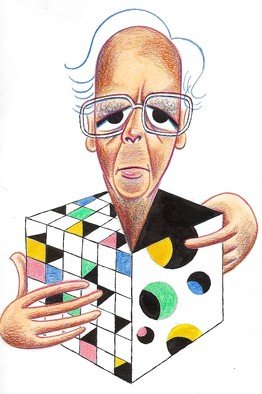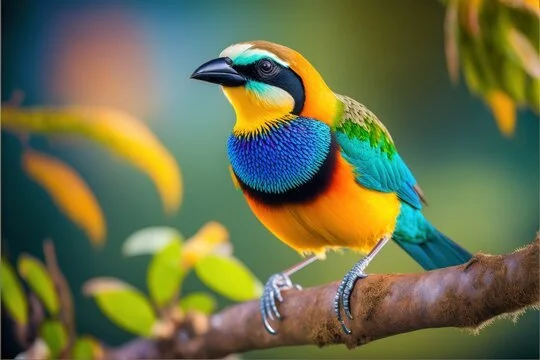Divided by politics, by Jim Crow, brothers Barry and Tommy Moser rarely spoke, until. . .
Read MoreOne Oppenheimer brother fell but the other rose to spark a world of wonder.
Read MoreIn a savage and sizzling summer, Mississippi’s Freedom Schools were beacons of hope.
Read MoreMartin Gardner was interested in everything and made everything interesting.
Read MoreDespite three jobs — professor, New Yorker writer, mother — Jill Lepore solved the mystery. “Who Killed Truth?”
Read MoreUsing apps and A.I., Cornell’s Lab of O keeps our eyes on the birds.
Read MoreMore than “Henry’s brother,” William James opened his mind to spirits, drugs, life. . .
Read MoreOut of the academy and into the agora, Americans are thinking and questioning in ways that would make Socrates smile.
Read MoreWhen the Depression cut off Appalachia, women on horseback brought books into dark hollows.
Read MoreClassical was a bore until Leonard Bernstein aired his “Young People’s Concerts.” (As seen in “Maestro.”)
Read MoreWhen America used “science” to back white supremacy, Franz Boas and his students battled the B.S.
Read MoreChildren’s TV was a wasteland. Then Joan Ganz Cooney took us all to “Sesame Street.”
Read MoreThink the Midwest is just corn country? The annual Great American Think-off will make you think again.
Read MoreWhen the first blockbuster movie spread dangerous myths, one man rose to challenge them. And seeds were sown.
Read MoreWhen Will Durant asked the wise about “the meaning of life,” he got the usual answers. Then he asked a prisoner.
Read MoreStudents called Jaime Escalante “Kimo.” He called them his “burros.” But the key to his success was ganas — the drive to succeed. (As seen in “Stand and Deliver.”)
Read More














